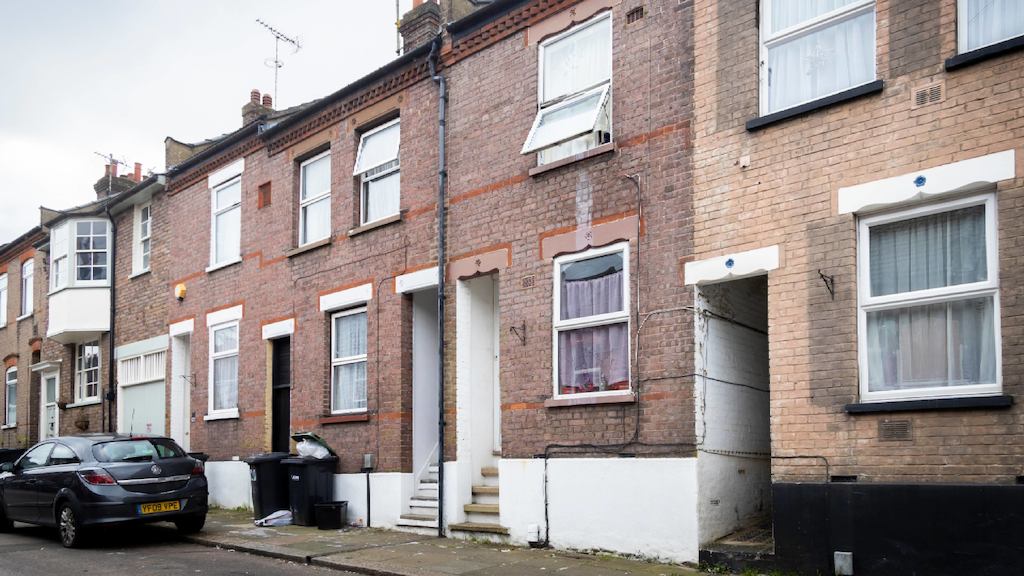Our latest research from BritainThinks involved series of workshops with 89 people on below average household incomes from different parts of the country, in different tenures, living in homes with problems and challenges. If our ideas don’t work for them, they don’t work.
The outcome of these extensive workshops was fascinating. Much of the thinking reinforced the views the GHI had been coming to. But much of it really challenged us. People love their homes, even when they know there are real problems. They want to improve them but they don’t have the cash to do so and are worried about getting into debt to pay for improvements. They understand that their homes are also part of a huge collective national asset and they think the government should play its part, especially when it is to meet public policy and international zero carbon obligations.
However, it is clear from our work with the public that hesitation to make changes is not just because of financial pressures – often not even primarily because of money. Many of us feel ignorant about the technical aspects of the work required. We don’t know who we can trust to provide honest information and advice. We worry about being ‘ripped off’ by ‘cowboy’ contractors. We don’t even have the language to be able to ask the right questions.
So, two big ideas got huge support from the public. The first is that there should be trusted local agencies who can provide the kind of information, advice, access to finance and reassurance that we all need when doing something as intrusive as having people come in to work on our homes. And second is the idea that there should be a clear, consistent, cost-effective test of our homes to ensure they are safe – a home equivalent of the MOT we have for our cars.
These events have proved to be central to the way our thinking has developed and the recommendations we will make. There can be nothing more important to our health and wellbeing, as individuals and as a nation, than the quality and safety of our homes. The people we spoke to were clear. This must become a national priority.

